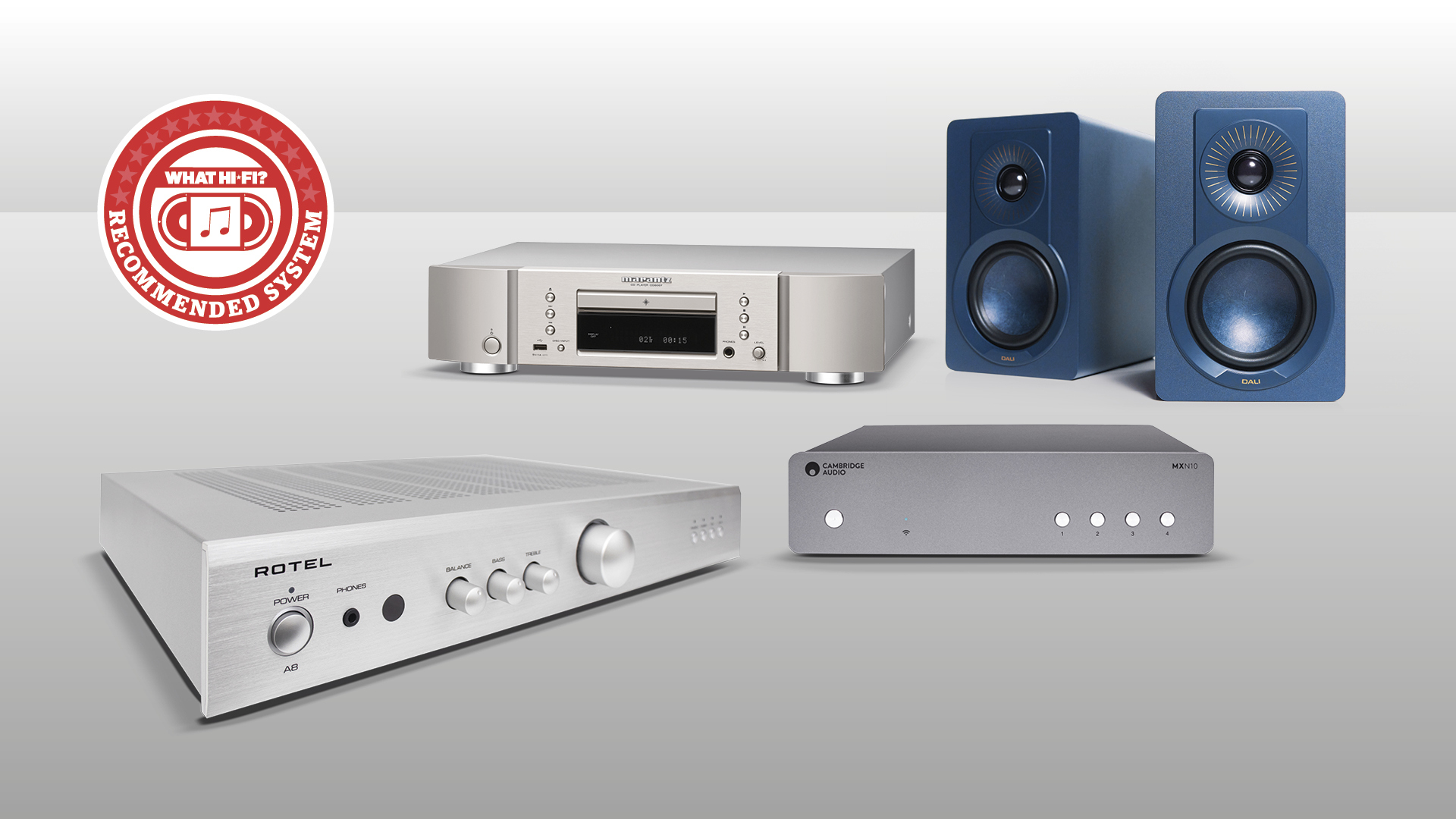The tech endangered list: are these devices and formats the next to go?
“George said, ‘This will change the world.’ He told us it was indestructible, you can’t smash it. Look! And – whack – it broke in half” - Paul McCartney
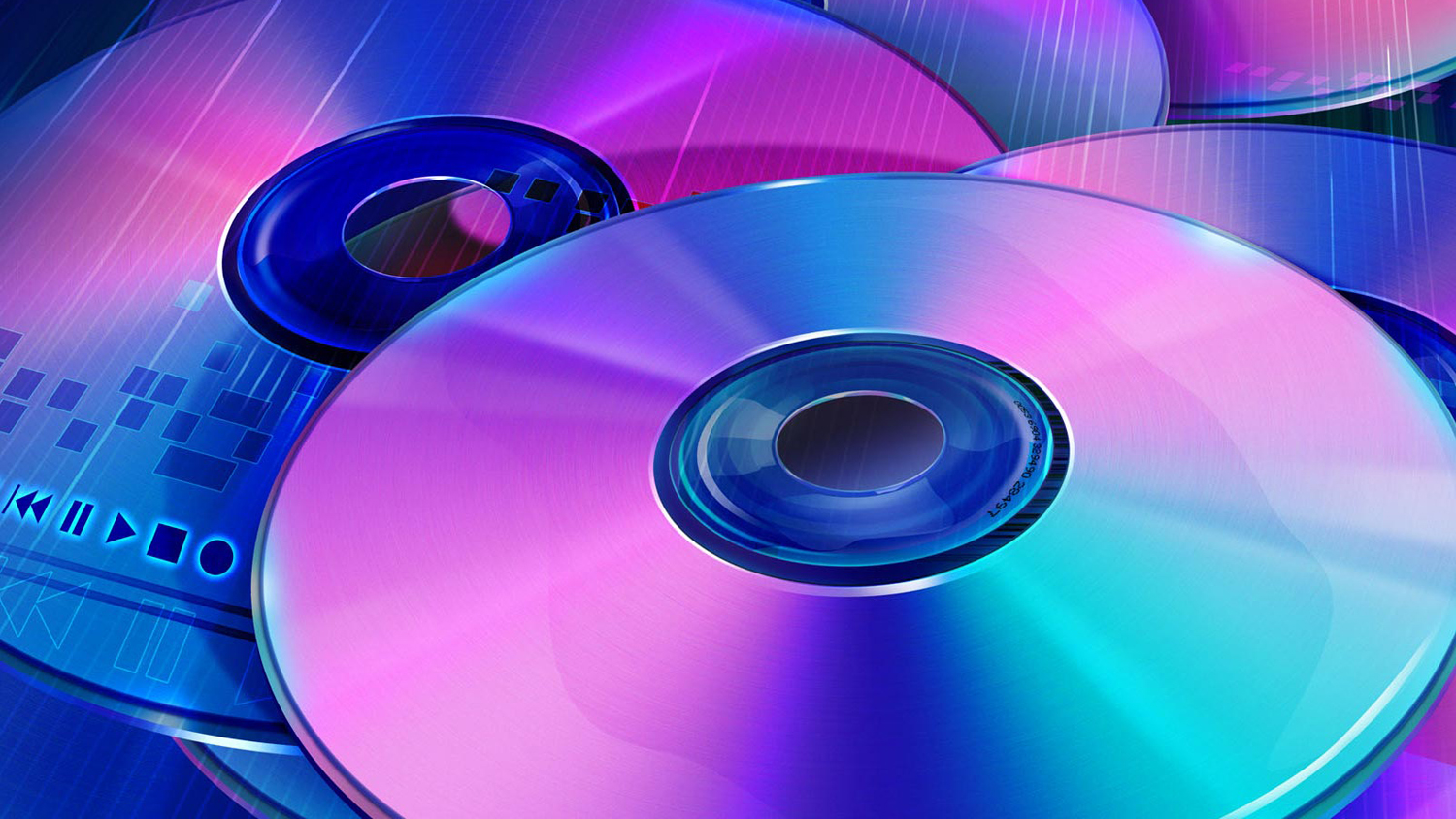
The latest hi-fi, home cinema and tech news, reviews, buying advice and deals, direct to your inbox.
You are now subscribed
Your newsletter sign-up was successful
It’s a jungle out there in the tech world and the path to AV supremacy is littered with the remains of gadgets, formats and services that became obsolete long before their time. In this list, we’re going to take a closer look at current technology that we think just might be headed the way of Betamax and MiniDisc.
Could these soon to be ‘legacy’ formats cling on by carving out a niche? Or maybe peacefully coexist alongside their replacements like the steadfast mechanical watch, still jostling for wrist space alongside quartz and smartwatches? Or perhaps they could smugly outlive their successors like the vinyl comeback kid, which continues to thrive in the ashes of the format wars.
Of course, being on the endangered list does not mean extinction is a forgone conclusion, and we certainly hope that many of the examples below stick around for at least a few more generations. Unless, of course, something better comes along...
Blu-ray
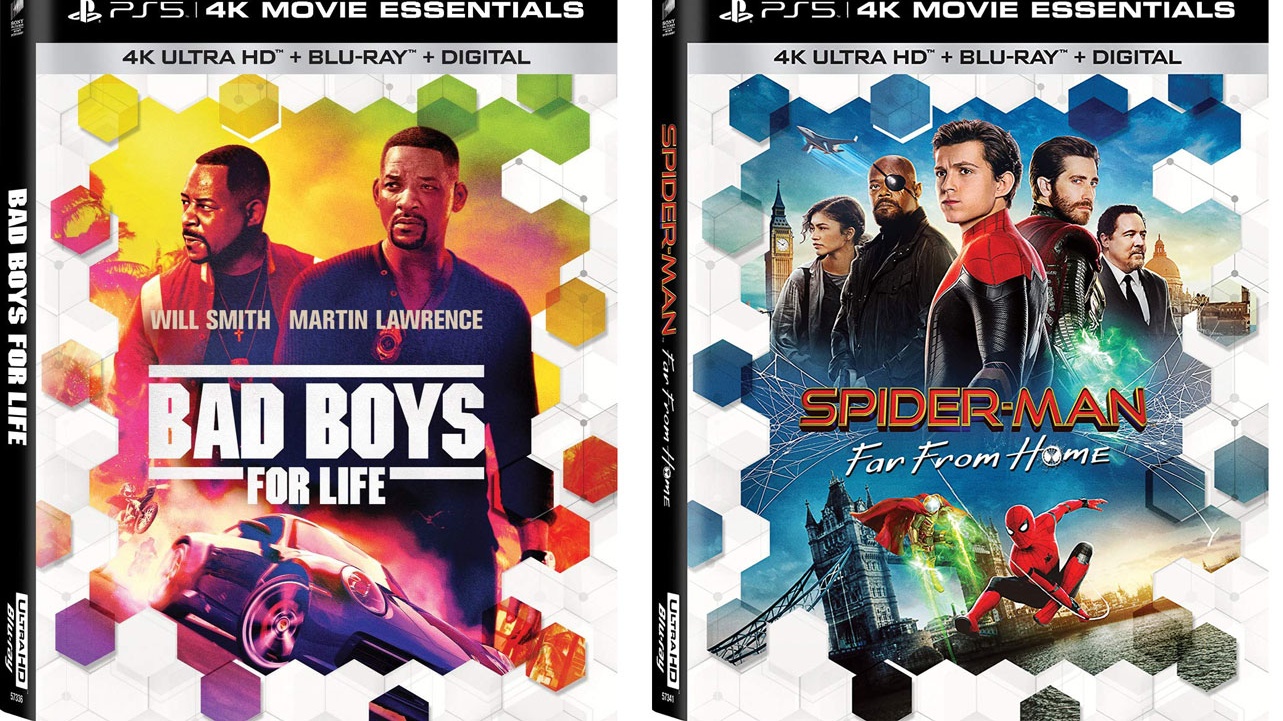
This certainly won't be the first time it’s been suggested that the Blu-ray format may be on the way out. Back in 2006, when it was originally launched, Blu-ray was immediately forced to do battle with fellow optical disc format HD DVD in a high-definition civil war to become the rightful heir of the ailing DVD.
HD DVD, developed by Toshiba, may have initially been chosen by the DVD Forum as the victor, but Blu-ray, backed by Sony, persevered and ultimately won out when, in 2008, Toshiba announced it would cease production of HD DVD players. Blu-ray must have breathed a sigh of relief. Its superior capacity to hold information at the dawn of the high definition era, movie studio alliances and inclusion on the Playstation 3 had been enough to keep it on top, but for how long?
To adapt to the demand for 4K, HDR and immersive sound formats, Ultra HD Blu-rays were released in 2016, coinciding with the rise of video-on-demand streaming services. As availability triumphed over quality, sales of Blu-ray discs fell, and Samsung announced it would withdraw from the Blu-ray player market in 2017 with Oppo following suit. Despite many calling time on Blu-ray, it soldiered on, with 4K re-releases of old films providing studios with a decent revenue stream from within their pre-existing back catalogue.
The tide may now have finally turned though. Unlike other sectors, Blu-ray did not see any of the benefits of 2020's pandemic-led home entertainment boom. In fact, it was surpassed by digital purchases for the first time, a trend fuelled by changes in the way we shop and studios increasingly issuing 4K re-releases as digital-only downloads.
The latest hi-fi, home cinema and tech news, reviews, buying advice and deals, direct to your inbox.
Things currently look rather bleak for Blu-ray. Major manufacturers have seemingly stopped producing new players (we've only had one in for review in almost two years), and it's unlikely that plucky upstart Reavon is going to be able to turn the tide on its own. What's more, there's not even been a hint of there being an 8K Blu-ray format in development. If 8K does ever become mainstream, it seems it will be streamed.
All of which is a bit of shame really. Discs still trump streams in terms of quality, and if you’re a cinema fan and have films that you like to return to time and again, you can’t beat owning a physical copy with the best possible picture and sound. One you can lend to friends, resell or just rewatch without having to hunt through a million different streaming services first.
Wired earbuds
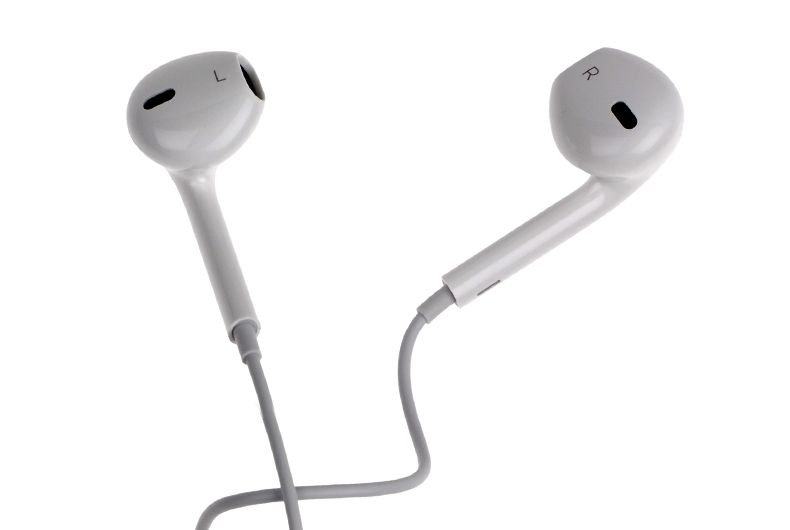
In the 1980s personal music and the rise of Sony’s Walkman necessitated lighter and more compact headphone options that you could travel with and wouldn’t destroy your perm. Enter the in-ear headphone, often these days referred to as the 'earbud'. Sure, this smaller sibling to classic over-ear design may have lagged behind in terms of sound quality, low-end response and noise isolation but, in return, it offered what seemed like the ultimate in convenience and portability.
The in-ear design didn’t reach ubiquity until a few decades later when Steve Jobs decided to make them white and bundle them in with his handheld music devices. EarPods, and their dangling accoutrements, were front and centre of Apple’s iconic silhouetted iPod campaign. You could breakdance with them! You could even roller skate in them! While listening to U2! Wired in-ears weren't just ideally suited to the download revolution because of their portability, they were now aspirational.
Now, though, the in-ear headphone has reached its sci-fi-like pinnacle in the form of true wireless in-ears. Hard-wired in-ears are increasingly the preserve of musicians and audiophiles who want the very best sound quality but, in truth, wireless technology has come a long way and the best wireless earbuds boast very good sound to go with their awesome convenience and increasing affordability. There'll likely alway be a bit of a sonic compromise when you ditch the wires, but it's one that the vast majority of people are more than happy to make.
So could this be the end of our tangly, dangly friends? Probably. The recent developments in lossless and hi-res streaming mean there's a renewed focus on sound quality and, with no true lossless Bluetooth connection available, there may be just enough demand to keep wired in-ears clinging on a little while longer, but far fewer pairs are now being made and the launch of a genuinely lossless wireless audio format seems inevitable. That could prove to be the final nail in the coffin for wired earbuds.
Compact discs
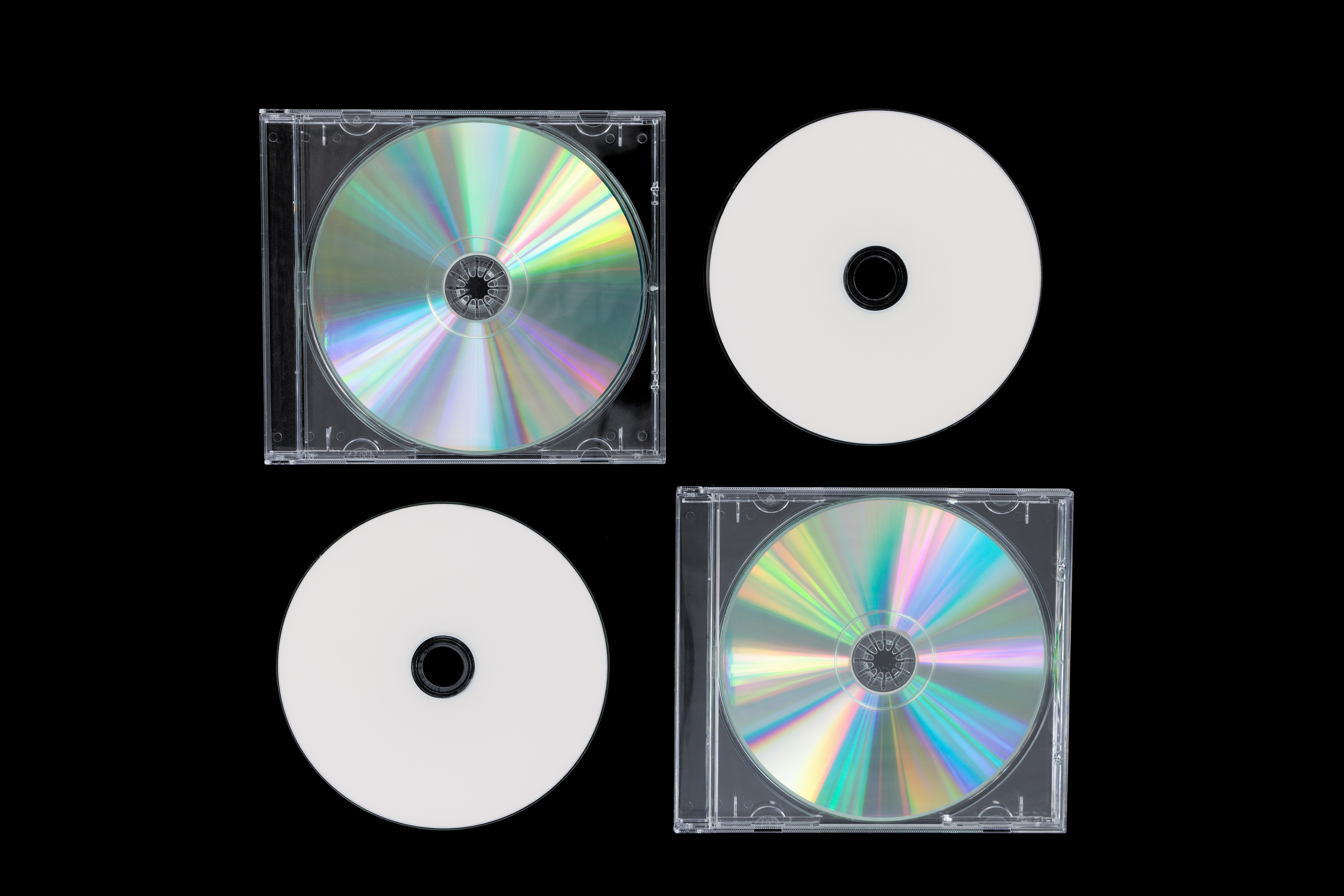
We’ve noticed that when one audio format initially displaces another, it’s usually because it offers greater convenience rather than enhanced sound quality. That was not the case for CDs when they spun onto the cassette-dominated scene in 1982, offering pristine digital audio at a resolution of 16 bit/44.1kHz as well as portability (in your handy Sony Discman, of course) and relative indestructibility (so long as you put it back in the case).
There were other benefits, too. CDs could hold longer albums than vinyl and cassette, and for the first time allowed easy skipping forwards and backwards between tracks. Despite some early scepticism, success was swift, and in 1985 Dire Straits' Brothers in Arms became the first album to sell more copies on CD than on vinyl.
It wasn't just new music that was doing well on CD. Remasters of old favourites began selling in big numbers too, ushering in the highest-grossing era of music revenue. This reached a dizzying peak in 1999 with $40 billion of sales, of which 90% was from CDs. But, as John Webster, former Managing Director of Virgin Records and inventor of the ‘Now That's What I Call Music’ brand put it: "Once you made a CD with ones and zeroes it was only a matter of time before that was converted into something that was easily transferable."
It could arguably be said that record labels were too preoccupied with concerns about CD-RW piracy to realise that a greater threat lay in consumer access to disc-free playback. Napster and the humble MP3 brought the entire music industry to its knees, and despite a recent resurgence of interest in lossless and high-resolution audio, it's streaming services such as Tidal, Apple Music and Amazon HD, and not CDs, that are reaping the rewards.
Since the mid-2000s, CDs have experienced a yearly drop in revenue of about 20% and in 2020 accounted for less than 2.3% of the total industry, being overtaken by vinyl for the first time since 1986. Discs are increasingly being removed from supermarkets, and it can even be difficult to locate them at music stores in amongst the pop culture merch. Could CDs now be facing their end, smothered under a heap of plush Baby Yodas?
Not so fast. Manufacturers haven’t abandoned the format entirely and, though they’re made in fewer numbers, CD players are still launched from time to time. There are even new cars that still include a disc drive on the dashboard. And while they may seem to be the preserve of the more affluent music fan, one of the best things about CDs now is their relative affordability and accessibility. For someone looking to build a diverse library of high-quality music with the benefits of physical ownership, excellent sound and digital transferability, CDs still have something to offer. For now. And that's why CD sales remain surprisingly healthy.
Music downloads
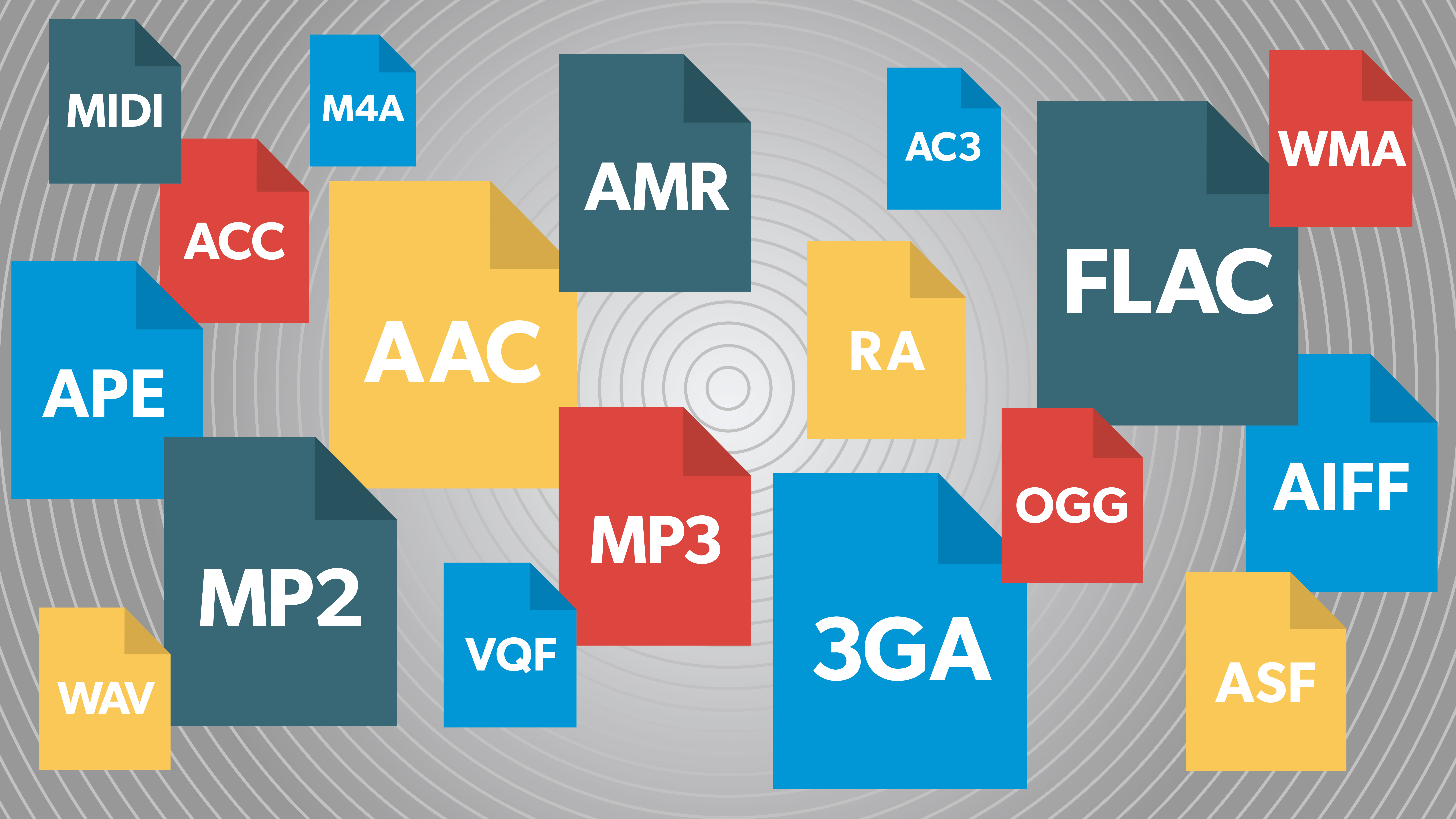
While some people’s relationship with downloads began in the late 90s with illegal peer-to-peer sharing sites, the very first digital download was very much part of the establishment. In 1994, Geffen Records made history when it released Aerosmith B-side and entendre minefield Head First as a 4.3MB WAV that took over an hour to download. "If our fans are out there driving down that information superhighway", said Steven Tyler at the time, "then we want to be playing at the truck stop!”
But, as it turned out, for record companies concerned about copyright, royalties, piracy and distribution, staying off the highway was much more comfortable. In those early days of the internet, labels, for the most part, ignored downloads, never contemplating that this new format could fell the mighty CD while at the height of its powers.
With consumers embracing the convenience, choice and lower cost (or no-cost) of downloads, a lack of legal download options meant that at the start of the new millennium, revenue from music sales went into a free fall that would only level out when iTunes entered the market in 2003.
By offering users a way to legitimately purchase digital tracks from a huge catalogue – and with the peace of mind that you wouldn’t inadvertently install malware on your computer when you downloaded the music files – Apple managed to coax some fans back into paying for music. In 2012 downloads became the market leader, offering a way to build and curate your own music library but with a far greater breadth of choice than had ever been possible before.
The era of download supremacy was short-lived though, as revenue from streaming had already surged ahead just four years later, in 2016, and since then the number of downloads has only continued to decline. The RIAA's year-end report for 2020 showed that in a year that saw record levels of digital music revenue, sales of downloads fell by 18 per cent, accounting for only 6 per cent of the total market, less even than physical formats. Could one time adversaries, downloads and CDs, now both be underdogs, the Thelma and Louise of music formats, slowly creeping toward the cliff edge?
The problem downloads face is that without a physical object for people to anchor themselves to, the distinction between paying to own digital music or paying for permanent access to digital music starts to seem inconsequential. The appeal of downloads now is mainly limited to those with patchy internet service or audiophiles who like the ease of digital but are unwilling to accept the compromised sound of streams. But that too is changing and as streaming improves it now seems possible that without a radical rethink or inclusion of NFT style digital-perks, the format that changed the status quo may soon go the way of the dodo.
MQA
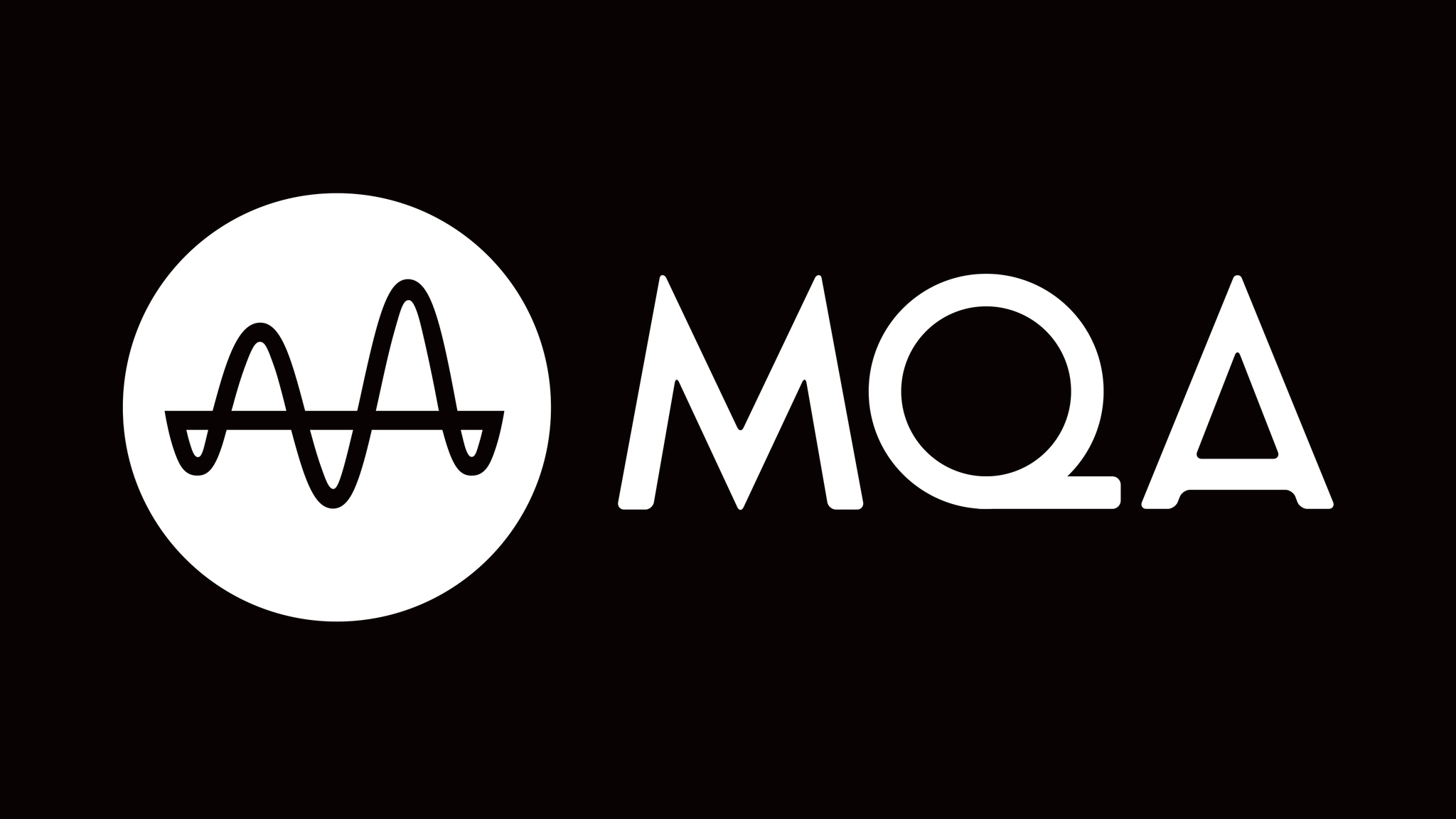
Developed in 2014 as a collaboration between Warner and Meridian Audio, MQA (Master Quality Authenticated) is a method of digitally capturing and repackaging original master recordings as files that are small and convenient enough to download or stream. These files can then be unpacked again, without the sonic sacrifices of compressed files. Most commonly associated with Tidal's streaming service (though they are also available on live music provider 'nugs'), many have cited MQA as the only way to make streaming palatable to the discerning ear.
However, MQA is still a lossy form of conversion and one that not everyone agrees sounds great. This year when music legend and opinionated audiophile Neil Young removed some of his music from Tidal, he didn’t hold back on his feelings about the format: “Tidal is calling their files of my songs Masters. But Tidal’s MQA files are not my masters... I don’t need or want Tidal’s so-called improvements. I have heard them. They are degraded from my masters. They are manipulated and not our original work." Well, you're entitled to your opinion, Neil.
MQA is not just a controversial codec. It’s a mark of provenance – farm to table music, as it were. To be authenticated, every part of a song's supply chain – from recording and mastering equipment to streaming services and playback devices –requires hardware or software licensed by MQA. This level of control irks some customers, artists and manufacturers; after all, where there's a badge, there tends to be a charge to someone somewhere.
Ultimately it’s the cost that we think will make it difficult for MQA to survive. Hi-res streaming is no longer a luxury product. Unlike video-on-demand, where each provider has some original content, music services all have pretty much the same libraries. So to compete for business, it’s becoming increasingly necessary to add value by offering a higher quality sound. Tidal’s hi-res tier costing £20/$20 per month is now an outlier as big players such as Apple and Amazon have started offering their own hi-res tracks (without MQA) for half the price – essentially, with no added cost over the basic streaming tier cost. Rival Qobuz also offers above CD-quality streams and downloads for less.
MQA's and Tidal's fortunes are currently intertwined. Unfortunately, Tidal's are tied into the wider, somewhat crowded, content subscription landscape where film, TV, music, exercise and news are all vying for a chunk of our monthly wage. And even if Neil Young’s entire back catalogue was available in MQA, it's difficult to envisage how much longer users might be willing to pay £20/$20 a month for access to it. Trouble ahead for MQA? And even Tidal? We shall see.
What Hi-Fi?, founded in 1976, is the world's leading independent guide to buying and owning hi-fi and home entertainment products. Our comprehensive tests help you buy the very best for your money, with our advice sections giving you step-by-step information on how to get even more from your music and movies. Everything is tested by our dedicated team of in-house reviewers in our custom-built test rooms in London, Reading and Bath. Our coveted five-star rating and Awards are recognised all over the world as the ultimate seal of approval, so you can buy with absolute confidence.

